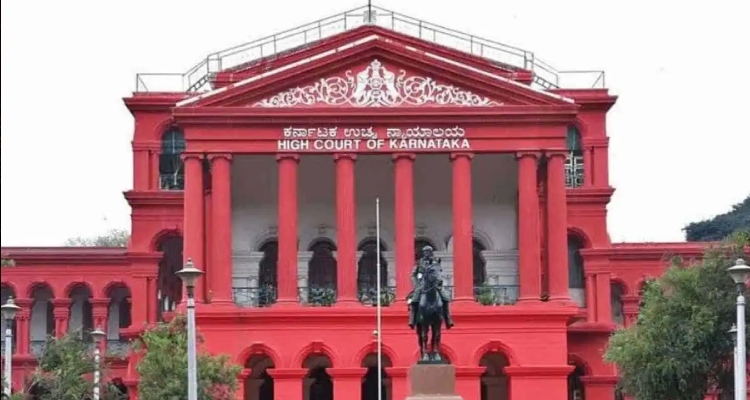
The Karnataka High Court has temporarily stayed a ruling that classified the relationship between ANI Technologies Private Limited (Ola) and its drivers as that of employer-employee.
This original verdict required Ola to address sexual harassment complaints involving its drivers.
The interim order was issued by a vacation bench comprising Justice SR Krishna Kumar and Justice MG Uma, following an appeal by Ola against the September 30 judgment.
In the original ruling, a single judge had ordered Ola and its Internal Complaints Committee to pay rupees 5 lakh in compensation, along with rupees 50,000 in legal costs, to a woman who had accused an Ola driver of sexual harassment. The court criticized both Ola and its ICC for their failure to take appropriate action, citing “deliberate negligence” in handling the complaint.
The single judge’s decision emphasized that Ola’s argument—that the drivers are not employees under the Sexual Harassment of Women at Workplace (Prevention, Prohibition and Redressal) Act, 2013 (PoSH Act) was “unjustified.” The ruling pointed out that the company had a responsibility to act on harassment complaints, regardless of the employment classification.
However, during the hearing for the stay, senior advocate Dhyan Chinnappa, representing Ola, argued that the initial judgment incorrectly established an employer-employee relationship. He asserted that drivers utilize Ola’s platform solely to provide cab services and are not direct employees of the company.
Chinnappa’s defense raised questions about the implications of labeling drivers as employees, noting that such a classification could affect the operational model of the ride-hailing service. He contended that the drivers work as independent contractors rather than as employees entitled to the protections offered under the POSH Act.
The bench’s stay allows Ola to continue its operations while the appeal is pending, emphasizing the need for a thorough examination of the implications surrounding the classification of drivers in relation to employment law.
The outcome of this case could have significant repercussions not just for Ola but for the broader gig economy, where many workers operate as independent contractors.
As the court deliberates on the matter, the stakes remain high for both Ola and its drivers, particularly in light of the ongoing discussions around worker rights and protections in the evolving landscape of the gig economy.
The next hearing is anticipated to provide further clarity on the legal status of drivers working with ride-hailing platforms like Ola.




